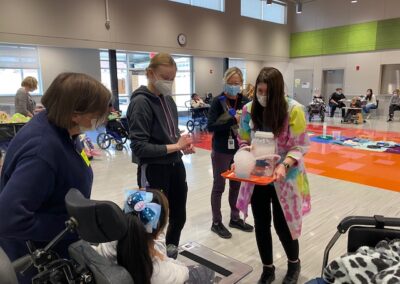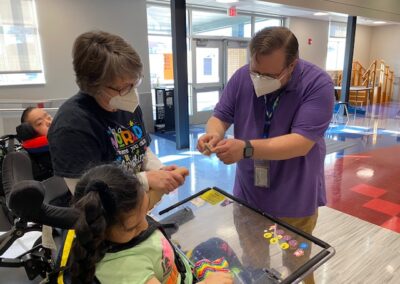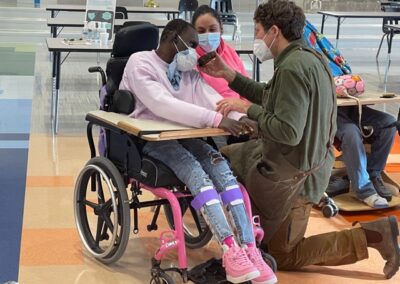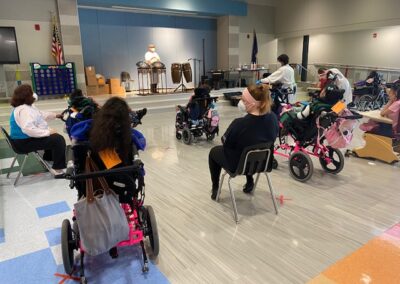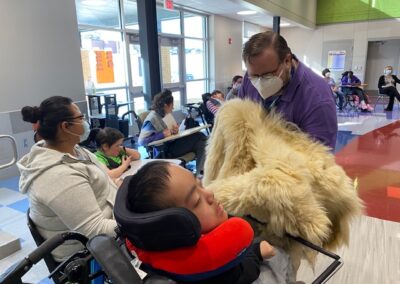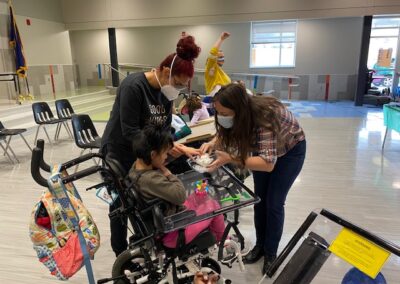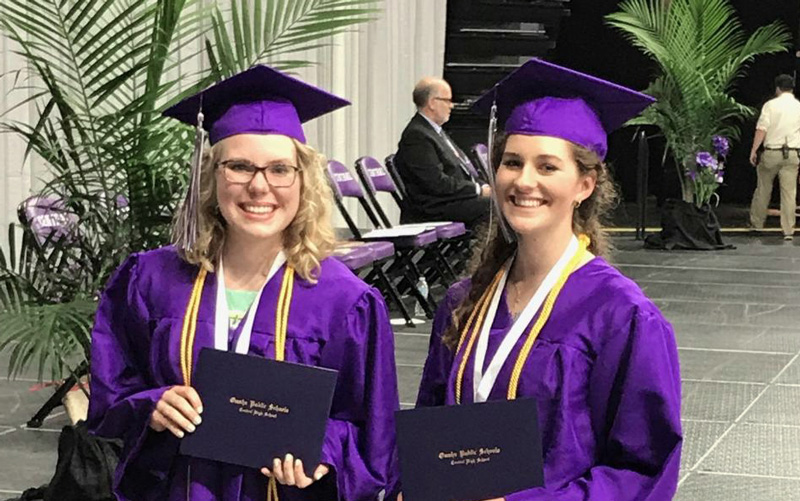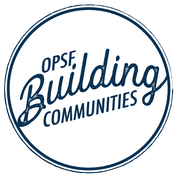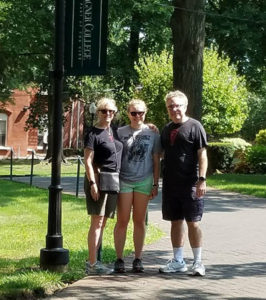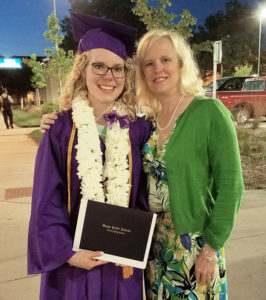Neighboring Friends

Our mission is to promote inclusion and communication with students who are nonverbal through purposeful and interactive activities with JP Lord School and partnering neighborhood organizations.
Our vision is to build a community of reciprocity which promotes inclusion, provides peer models, and sparks new learning so that all participants grow and bloom to their potential.

A Great Gathering Place
JP Lord School is the first school building in North America built specifically for children with severe physical and cognitive delays. It has a fully accessible gym, cafeteria, and stage. There is also a sensory room, and therapy pool for students to enjoy. JP Lord School is in the process of developing a sensory playground and community garden. The sensory rich school, playground, and garden is the perfect tapestry for community involvement, and will allow JP Lord students and neighboring friends to discover together, the unique benefits of an outreach program whose curriculum promotes inclusion and communication with non-verbal students.
Need
JP Lord students have severe cognitive and physical disabilities and need a self-contained school so specialized staff can focus on meeting the needs of each individual child. Creating opportunities for role models who are non-disabled to participate in the program, would build diversity into the school and be more representative of the inclusive school setting the district promotes.
Many people do not know how to appropriately communicate with people who are non verbal. A program at school that encourages community involvement will provide unique opportunities for people to connect and interact with non-verbal students in a purposeful and meaningful way and can have a far-reaching impact in our community.
JP Lord School Student Leadership
The community needs JP Lord. Bringing the community into JP Lord provides the unique opportunity for leadership and communication for students with an ambassador program with teachers modeling communication for community friends.Neighboring Friends also provides opportunities to address the lack of programs for special needs adults. Previous students can participate in activities which will give the community opportunities to engage with disabled people of all ages.
A donation to Neighboring Friends will support visits from community performers in music, theatre, and dance ; storytelling, literature and book projects; visual arts projects led by artists in painting, clay, collage and more; gardening projects; appreciation for the staff…and so much more.
Please consider a donation to Neighboring Friends!
Click on an image below to enlarge the view.

